A major clampdown on slurry storage and sweeping changes to the closed periods for fertiliser and slurry spreading are among the wide-ranging proposals included in the latest consultation document on the Nitrates Action Programme (NAP).
The strict new rules around slurry management could require farmers to have all spreading completed by 15 September in 2023. The closed period will be moved to 30 September in 2022.
In addition, the consultation document proposes that all new slurry stores will have to be covered from 1 January next year, while existing external slurry tanks should be covered by the end of 2027.
The consultation document cites inadequate slurry storage on farms as one of the primary non-compliances identified through enforcement activity.
It claims that there is a slurry storage deficit on approximately 40% of dairy farms.
Derogation
The document points out that those farmers who wish to apply for a nitrates derogation will have to have the legal minimum slurry storage capacity in place.
The addition of soiled water to slurry tanks is identified as a source of serious concern in the consultation document. As a consequence, it is proposed that:
Soiled water must be collected and kept separate to slurry on all holdings.From 1 January 2022, the spreading of soiled water will be prohibited between 15 November and 15 January. Moreover, the compulsory usage of low emission slurry spreading (LESS) will be extended to all farmers operating above 100kg livestock N/ha from 2023 and for all pig farmers from 2023 onwards.
As already flagged, a register of chemical fertiliser purchases is to be introduced to more accurately track usage. Fertiliser sales will have to be recorded by merchants against individual farmers' herd numbers.
In addition, the closed period for spreading fertiliser is to be extended in counties in the west and in the northern half of the country from 31 January to 3 February and 19 February, depending on the county.
Stocking rates
In terms of stocking rates, the introduction of new excretion rates for dairy cows based on milk yield is proposed. This is to be adopted in a phased manner from 1 January next year.
This could see the organic N/ha for high-yielding cows reach 106kg.
In a further change, the document suggests that only short-term grazing within 30km of the home farm will be considered when calculating stocking rates.
Meanwhile, tillage farmers will be required to carry out shallow cultivation within seven days of the harvesting of crops to generate green cover.
However, there will not be an obligation to plant a cover crop, as natural regeneration will suffice.
The closing date for receipt of responses to the consultation is 20 September 2021.
Full details of the consultation document will be carried in this Thursday’s Irish Farmers Journal.
A major clampdown on slurry storage and sweeping changes to the closed periods for fertiliser and slurry spreading are among the wide-ranging proposals included in the latest consultation document on the Nitrates Action Programme (NAP).
The strict new rules around slurry management could require farmers to have all spreading completed by 15 September in 2023. The closed period will be moved to 30 September in 2022.
In addition, the consultation document proposes that all new slurry stores will have to be covered from 1 January next year, while existing external slurry tanks should be covered by the end of 2027.
The consultation document cites inadequate slurry storage on farms as one of the primary non-compliances identified through enforcement activity.
It claims that there is a slurry storage deficit on approximately 40% of dairy farms.
Derogation
The document points out that those farmers who wish to apply for a nitrates derogation will have to have the legal minimum slurry storage capacity in place.
The addition of soiled water to slurry tanks is identified as a source of serious concern in the consultation document. As a consequence, it is proposed that:
Soiled water must be collected and kept separate to slurry on all holdings.From 1 January 2022, the spreading of soiled water will be prohibited between 15 November and 15 January. Moreover, the compulsory usage of low emission slurry spreading (LESS) will be extended to all farmers operating above 100kg livestock N/ha from 2023 and for all pig farmers from 2023 onwards.
As already flagged, a register of chemical fertiliser purchases is to be introduced to more accurately track usage. Fertiliser sales will have to be recorded by merchants against individual farmers' herd numbers.
In addition, the closed period for spreading fertiliser is to be extended in counties in the west and in the northern half of the country from 31 January to 3 February and 19 February, depending on the county.
Stocking rates
In terms of stocking rates, the introduction of new excretion rates for dairy cows based on milk yield is proposed. This is to be adopted in a phased manner from 1 January next year.
This could see the organic N/ha for high-yielding cows reach 106kg.
In a further change, the document suggests that only short-term grazing within 30km of the home farm will be considered when calculating stocking rates.
Meanwhile, tillage farmers will be required to carry out shallow cultivation within seven days of the harvesting of crops to generate green cover.
However, there will not be an obligation to plant a cover crop, as natural regeneration will suffice.
The closing date for receipt of responses to the consultation is 20 September 2021.
Full details of the consultation document will be carried in this Thursday’s Irish Farmers Journal.



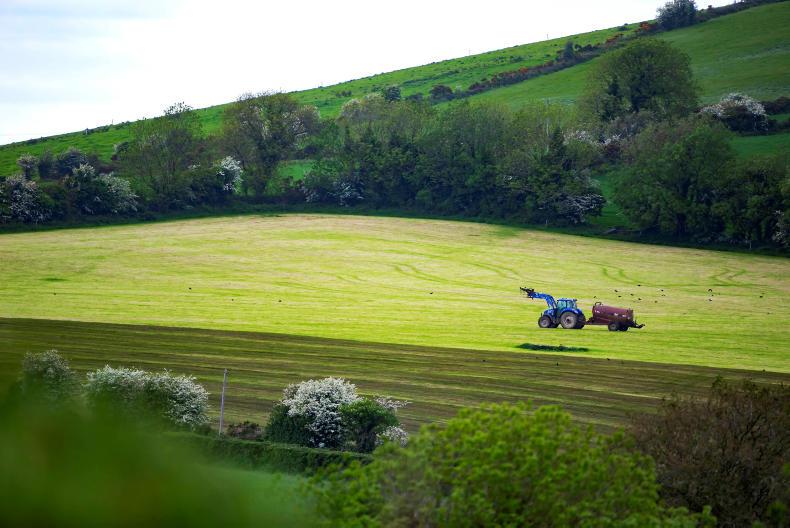

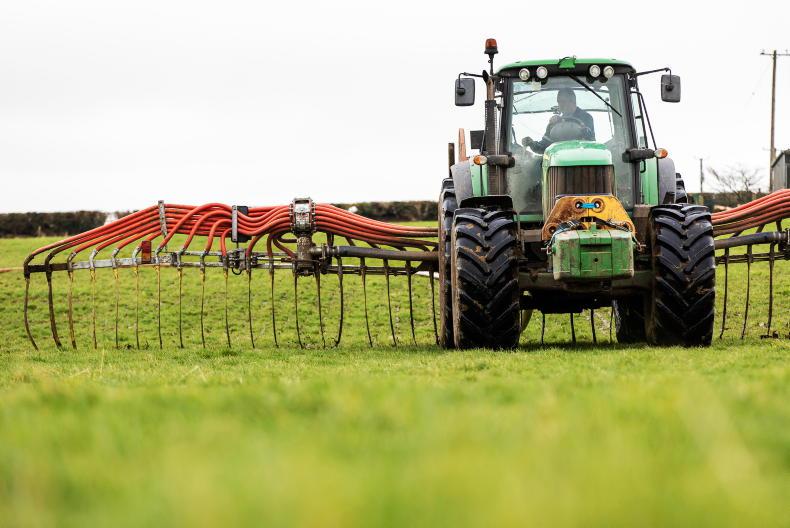

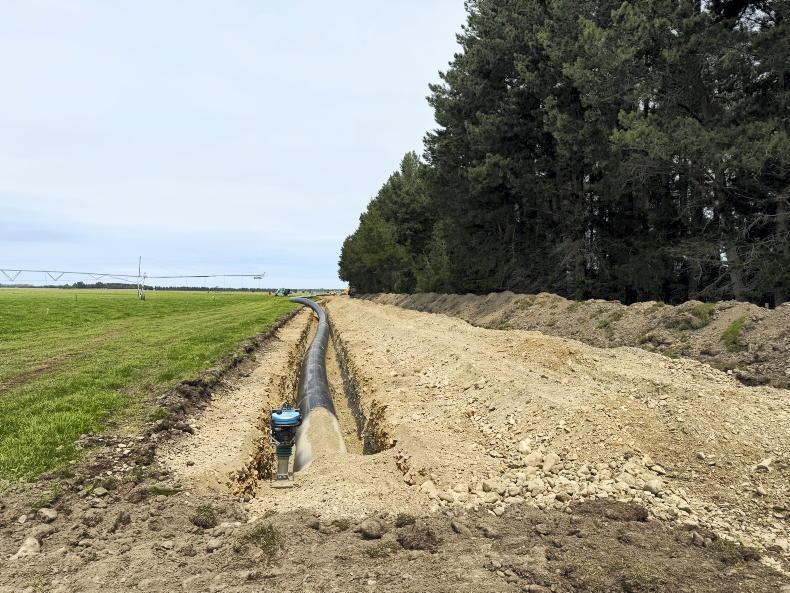
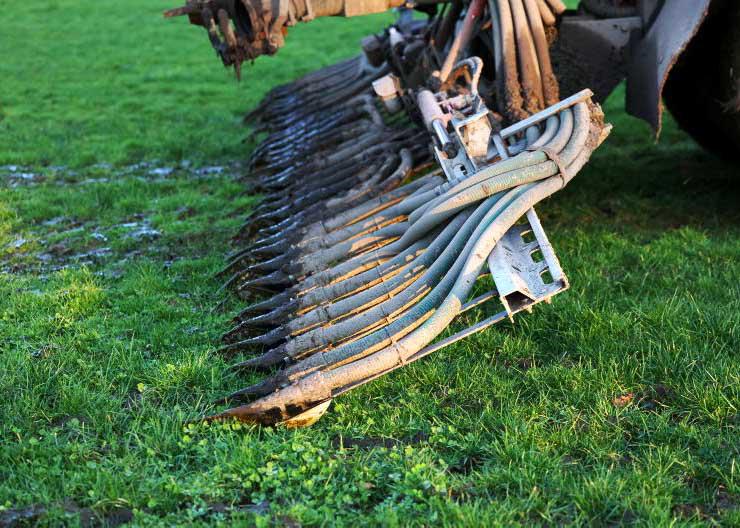
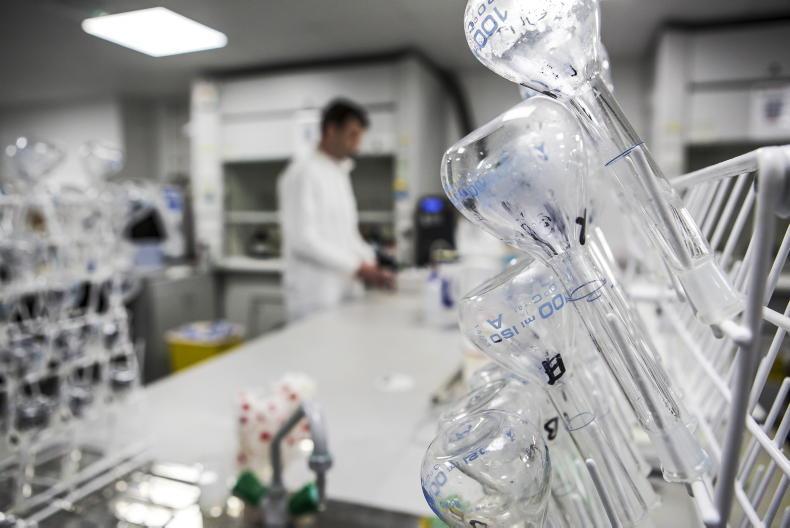
SHARING OPTIONS